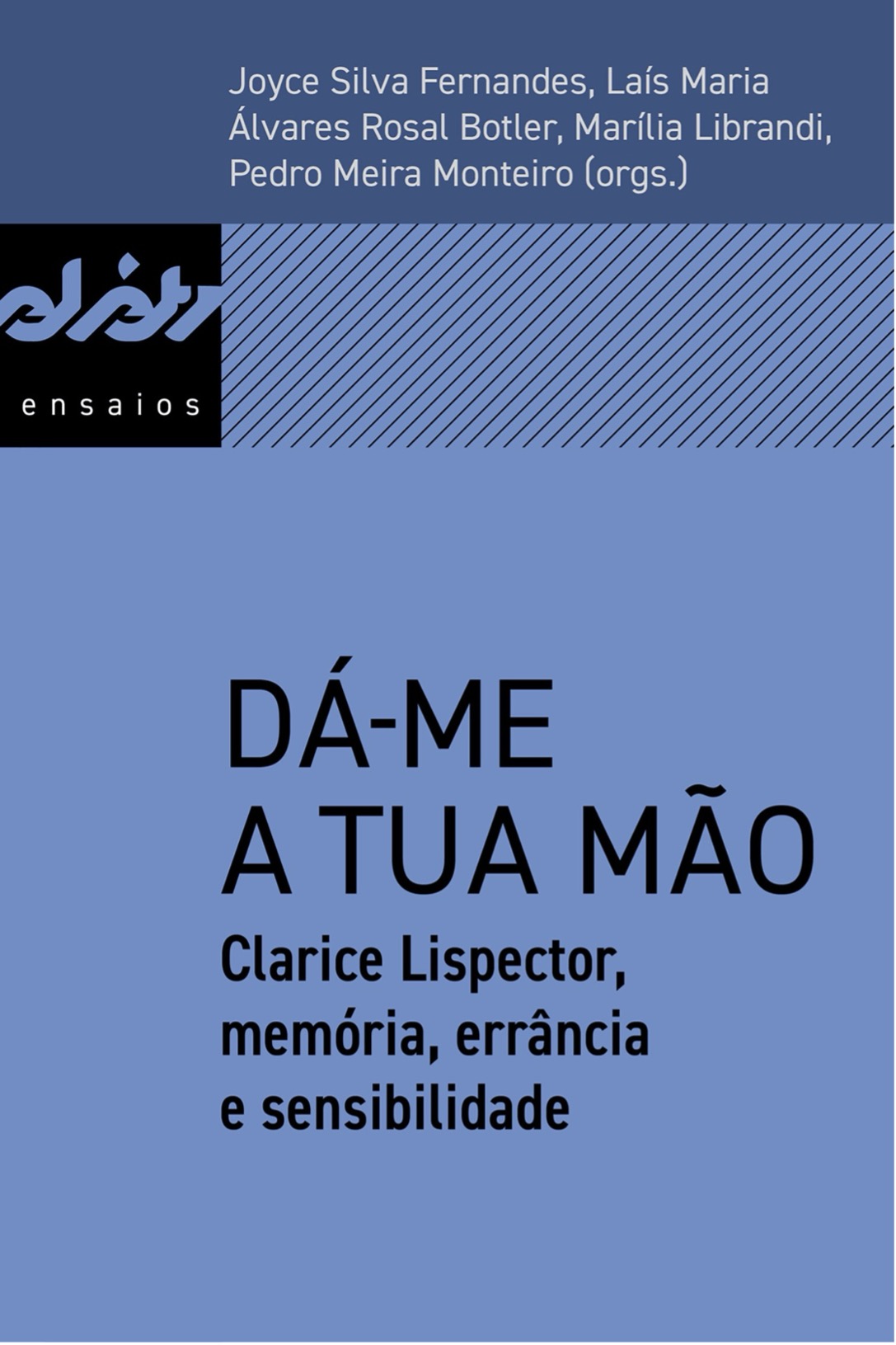A professor and seven students at Duke Kunshan University have co-authored a paper on the work of Clarice Lispector, one of Brazil’s most famous writers.

The paper, “The Discovery of Lispector: Reading The Hour of the Star in the Classroom,” was the result of four years of teamwork. It started in 2020 during Caio Yurgel’s course, Reading Empire, where students read stories from around the world, including The Hour of the Star.
The paper looks at Lispector’s The Hour of the Star from the perspective of students encountering her work for the first time. Among the contributors, Zainab Farooqui analyzed the novella’s 13 titles and their layered meanings, while Shuming Zhang reimagined the text as a still-life painting. Weiran Li explored themes of stubbornness in Lispector’s life and work, and Xiaomeng Yan raised existential questions central to the novella. Jade Jen examined the novel’s temporal structure, questioning where it begins and ends, while Eldar Wang delved into Lispector’s reception in China. Yiping Tian took a data-driven approach to analyze the novella’s translations into Chinese and English.
“Teaching Clarice Lispector to students who were hearing of her for the first time posed a challenge,” said Yurgel, associate professor of humanities. “For those of us familiar with her work, we’re on a first-name basis: Clarice. But for my students, she was new. Their perspectives were refreshing.”
The project proved life-changing for the students, with many achieving notable academic success. Several have gone on to study at prestigious institutions, including Harvard University and New York University in the U.S., McGill University in Canada, and the Free University Berlin in Germany.
For Weiran Li, a student of DKU’s Class of 2023 who went on to study literature at Harvard, reading Lispector’s work “felt like stepping into an entirely new dimension of language and thought,” she said. “The Hour of the Star left me in awe with its raw intimacy and poetic yet fragmented style.”
Li said the project shaped her academic aspirations. “Contributing to this article solidified my love for interdisciplinary research,” she said. “It’s meaningful to know our work can inspire others to engage with Lispector in new ways.”
The article was initially written in English but later translated into Portuguese to align with the publication’s predominantly Portuguese content.
“Publishing the article in a language the students do not speak is something Lispector herself would have appreciated, I think: that things are less straightforward and rational than we tend to believe,” Yurgel said.

